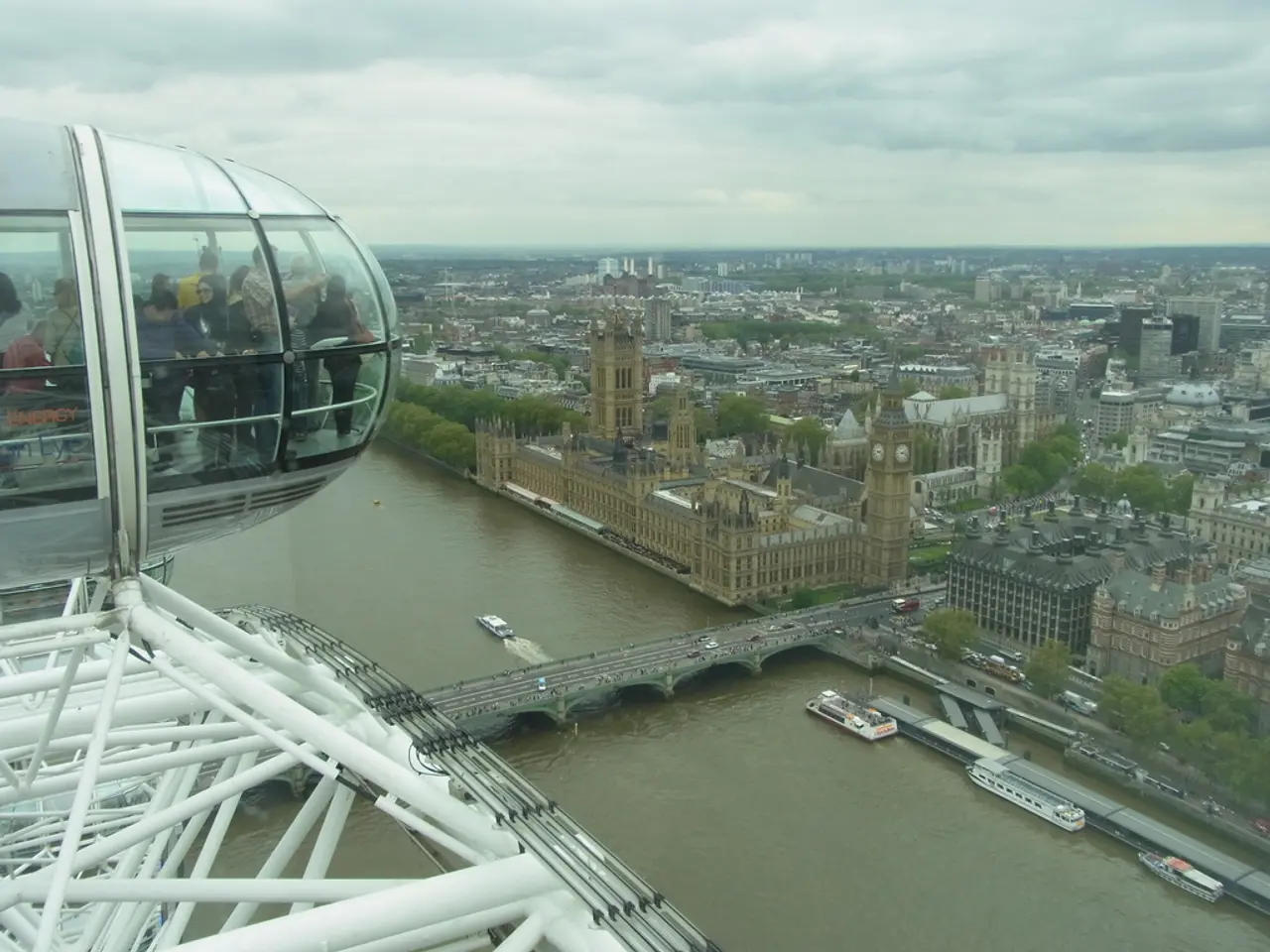UK-India free trade agreement negotiations finalized; Prime Minister Modi's arrival anticipated: Vikram Doraiswami
The India-UK Free Trade Agreement (FTA), announced as concluded by the Prime Ministers on May 6, is expected to significantly deepen economic ties between the two countries, with a clear roadmap to $120 billion in bilateral trade by 2030.
This landmark agreement, designed to provide structured benefits to a wide array of sectors in both countries, is set to open up massive export opportunities. For India, sectors such as textiles, leather, footwear, gems and jewellery, marine products, engineering goods, auto parts and engines, organic chemicals, IT, electronics, software, and pharmaceuticals are expected to see enhanced export access to the UK.
On the UK side, sectors like whisky and spirits, automobiles (including electric vehicles), aerospace components, medical equipment, cosmetics, food and drink, advanced manufacturing, and professional services are poised to benefit from enhanced export access to India.
The FTA discussions will cover topics like trade, investment, and strengthening the economic relationship between the two countries. Notably, the agreement includes provisions for easier movement of professionals, such as business visitors, investors, contractual service suppliers, intra-corporate transferees, and independent professionals (e.g., yoga instructors, musicians, chefs), along with their dependents who will also have work rights. A complementary social security agreement ensures Indian professionals temporarily working in the UK will not make duplicate social security payments.
The India-UK FTA is structured to provide significant benefits across a range of sectors, leveraging the complementary strengths of both economies. Key sectors expected to benefit from this agreement include textiles, leather, and footwear, gems and jewellery, marine products, engineering products and automotive components, organic chemicals, generic drugs, and medical devices, agricultural products, electronics and software, whisky and spirits, automobiles, aerospace components, medical equipment, cosmetics, food and drink, advanced manufacturing, and professional services.
The agreement covers modern trade issues like innovation, government procurement, and intellectual property, indicating a comprehensive scope beyond traditional goods. It also includes chapters on environment and gender, reflecting a commitment to sustainable and inclusive growth—a first for India in such a comprehensive manner.
Under the India-UK FTA, 99% of Indian exports to the UK will benefit from zero duty, according to an official statement. This is a major win for Indian exporters, as it will make them more competitive in the British market. Similarly, the UK's elimination of tariffs on pharmaceuticals and medical devices is expected to benefit India's strong generics sector.
The FTA negotiations were announced as concluded by the Prime Ministers of both nations on May 6, and some last-minute paperwork, known as 'legal scrubbing,' is left to be finalised for the pact. Vikram K. Doraiswami, High Commissioner of India to the United Kingdom, stated that the India-UK FTA is expected to double trade between the two countries to $120 billion by 2030. He also mentioned that Indian companies operating in the UK are largely satisfied with their market access.
Prime Minister Narendra Modi is preparing for a two-day visit to Britain, scheduled from July 23 to 24. This will be his fourth visit to the UK. The visit is at the invitation of UK Prime Minister Keir Starmer. The main negotiations for the India-UK FTA have been concluded, and the agreement is set to provide a significant boost to bilateral trade in the coming years.
The India-UK Free Trade Agreement (FTA) firmly positions both countries to capitalize on business opportunities in the universe of finance, as the enhanced export access could potentially bring about profitable investments in various sectors like textiles, IT, software, pharmaceuticals, and automobiles for India, and sectors like whisky and spirits, automobiles, and professional services for the UK.
The agreement's comprehensive scope, covering topics like trade, investment, and policies regarding environment, gender, and intellectual property, may encourage partnerships that could influence the trajectory of general news and politics related to international trade and policy-and-legislation, ultimately shaping the economic landscape of both nations.




